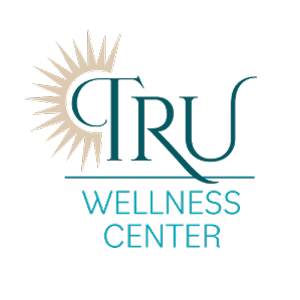
Substance Use Disorder, notably opioid abuse, has reached epidemic proportions in the United States over the last decade. According to a report compiled by the Drug Enforcement Agency (DEA), drug poisoning deaths (overdoses) are the leading cause of injury death in the United States; they are currently at their highest ever recorded level and, every year since 2011, have outnumbered deaths by firearms, motor vehicle crashes, suicide, and homicide. In 2016, approximately 174 people died each day from drug poisoning. These 63,632 deaths nearly quadrupled from the 16,849 in 1999.
Unfortunately, methamphetamine and cocaine use has quietly increased to staggering levels as well. We believe that it is a societal imperative to focus on getting people effective treatment to end addiction to these illicit substances, and it is our hope that Ketamine infusion therapy can achieve this goal.
Addiction is defined as: A compulsive need for and use of a habit-forming substance characterized by tolerance and by well-defined physiological symptoms upon withdrawal. Substances of abuse include alcohol, cocaine, opiates, amphetamines, and hallucinogens. The medical complications resulting from abusing these substances are nearly infinite. Every organ system can be potentially affected to the point of “end stage,” leading to a premature death.
The outcomes of previous research studies, as well as current research, show that Ketamine infusions can curb addiction to these illicit drugs. Although these are small research studies, this is a new and exciting field, which has the potential to treat great numbers of patients with all types of addiction successfully.
One of the major benefits of our method, is that it is a non-opioid treatment, and can be performed on an outpatient basis. While other methods may treat patients in the short term, they do not adequately lead to long term results, and individuals remain susceptible to the long term effects of opioid use and possible death by overdose
- Subuxone
- Substance induced vitamin deficiency analysis
- Customized supplement program to reduce cravings and restore wellness
- Non-opiate pain treatment options

https://www.ncbi.nlm.nih.gov/pmc/articles/PMC6094990/
National Drug Threat Assessment (NDTA), 2018.Krupitsky E, Burakov A, Romanova T, Dunaevsky I, Strassman R, Grinenko A. Ketamine psychotherapy for heroin addiction: immediate effects and two-year follow-up. J Subst Abus Treat. (2002) 23:273–83.
Krupitsky EM, Grinenko AY. Ketamine psychedelic therapy (KPT): a review of the results of ten years of research.J Psychoact Drugs (1997) 29:165–83.
Dakwar E, Hart CL, Levin FR, Nunes EV, Foltin RW. Cocaine self-administration disrupted by the N-methyl-D-aspartate receptor antagonist ketamine: a randomized,crossover trial. Mol Psychiatry (2017) 22:76–81.

